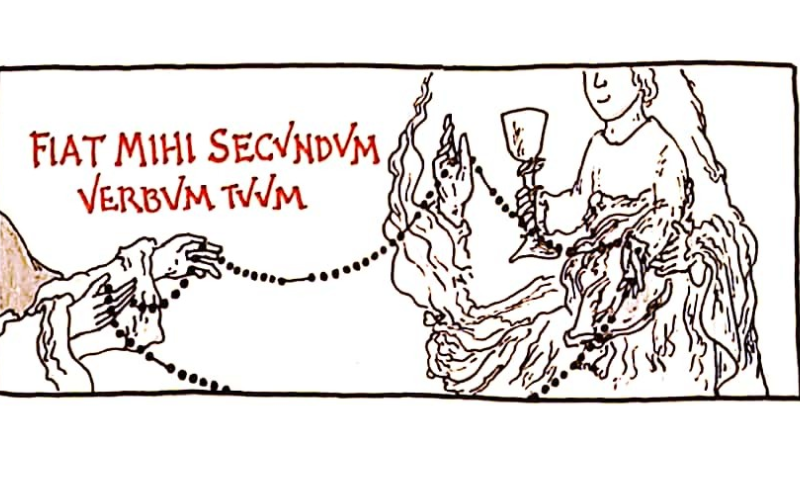
The Life of Virtue – Modesty
 Modesty, like so many of the Christian virtues, has been largely disregarded by Western liberal societies. In the latter half of the twentieth century, modesty in dress was rejected outright by radicals, particularly radical feminists, who saw it simply as a way for men to oppress women and of determining their self-image according to how they dressed. Any criticism of less than modest dress in women was taken to be a cynical attempt by men to make women feel ashamed of their bodies, and thus their identity, something that would in turn make them to be subservient to men.
Modesty, like so many of the Christian virtues, has been largely disregarded by Western liberal societies. In the latter half of the twentieth century, modesty in dress was rejected outright by radicals, particularly radical feminists, who saw it simply as a way for men to oppress women and of determining their self-image according to how they dressed. Any criticism of less than modest dress in women was taken to be a cynical attempt by men to make women feel ashamed of their bodies, and thus their identity, something that would in turn make them to be subservient to men.
This way of thinking is too simplistic, however, because it neglects to address many important aspects of the issues involved. For instance, just because some people criticised others publicly for behaviour that they were themselves undertaking in private, this does not make the behaviour any less wrong. Simply because some people failed to live up to a high moral standard, this does not mean the standard does not truly exist or that it has no value for contemporary society. Furthermore, it could be argued that by buying into the notion that the acceptability of women dressing immodestly is empowering for women, these women have in fact disempowered themselves, for they have given many men exactly what they wanted without any benefit to themselves, aside from the perceived benefit that they are freer because they can reject the “constraint” of modesty in dress. It is interesting to note that a perceived lack of modesty in dress in Western society has been a major factor, judging by what they say themselves, in leading many Western women to convert to Islam, where they think that the rules for modest dress are very clear.


